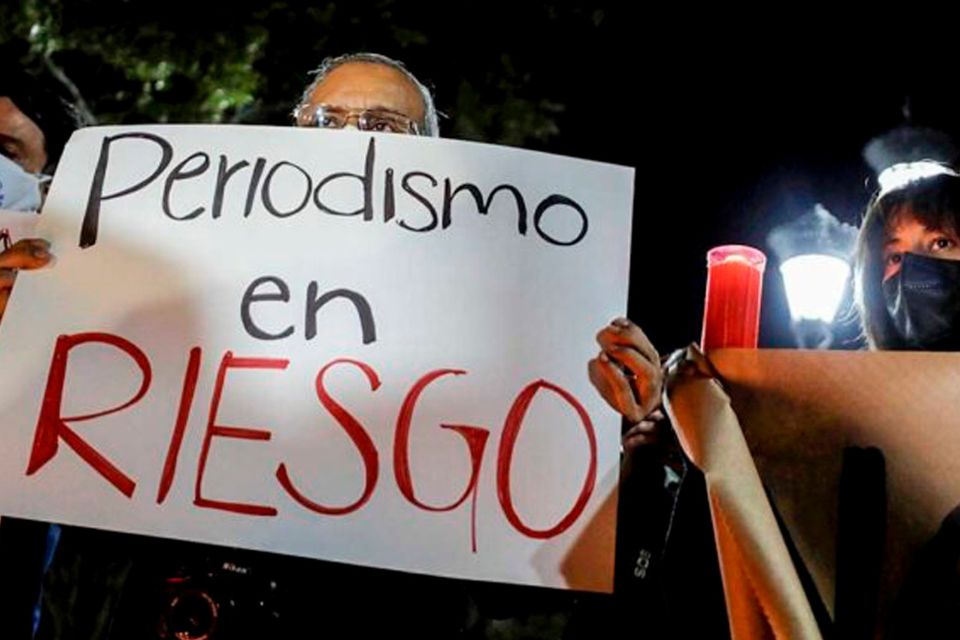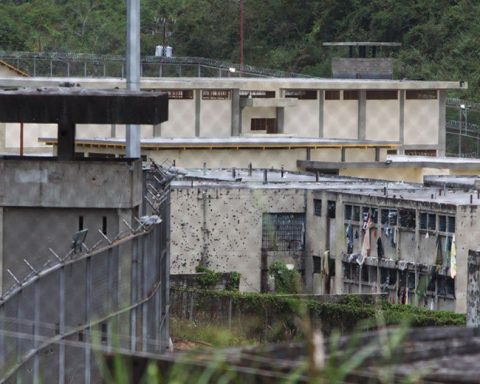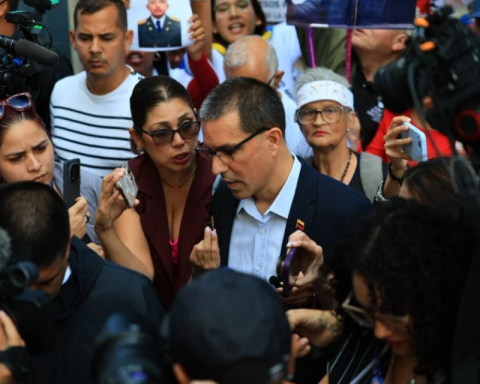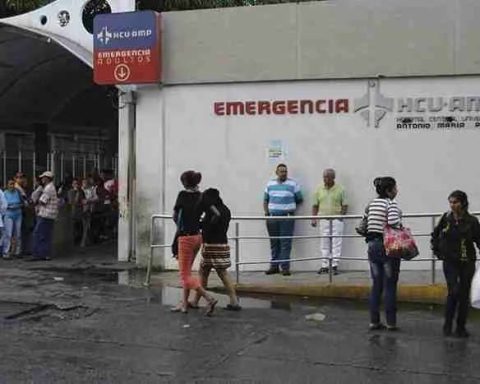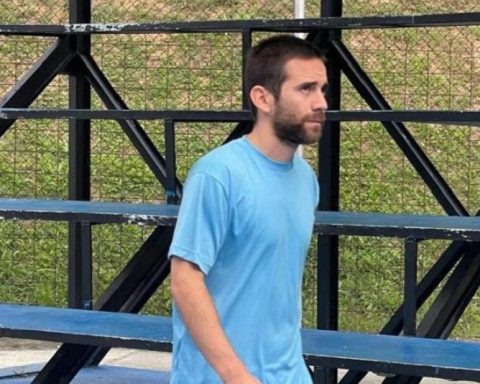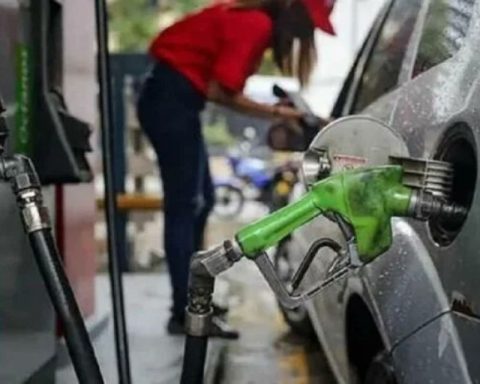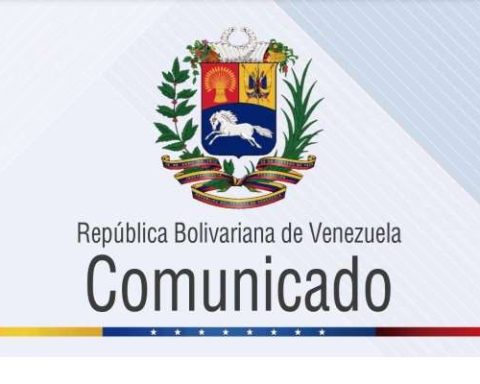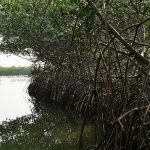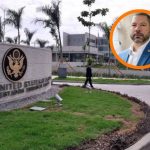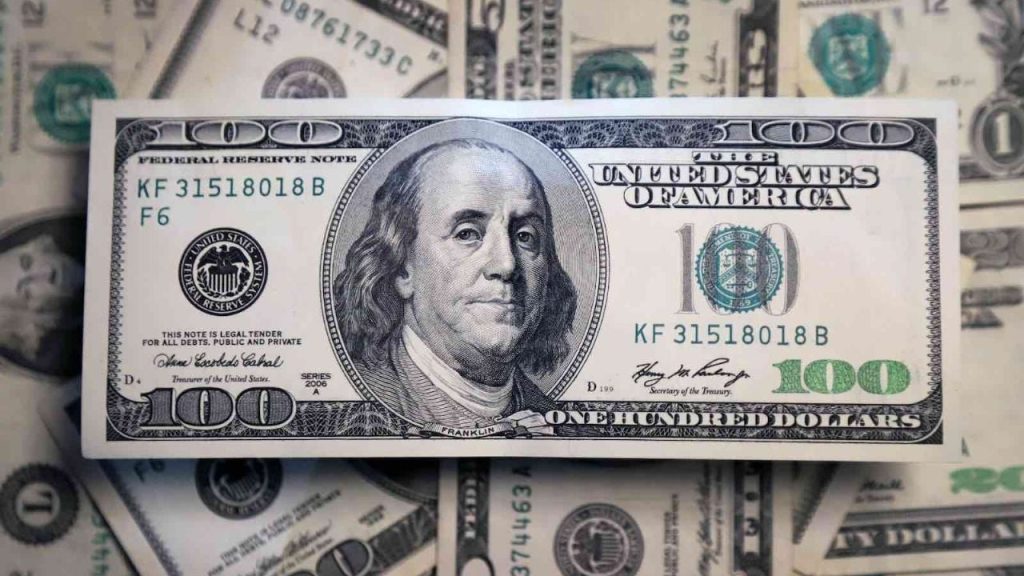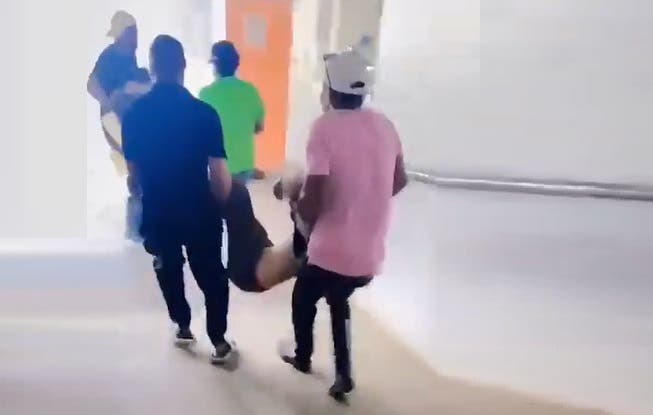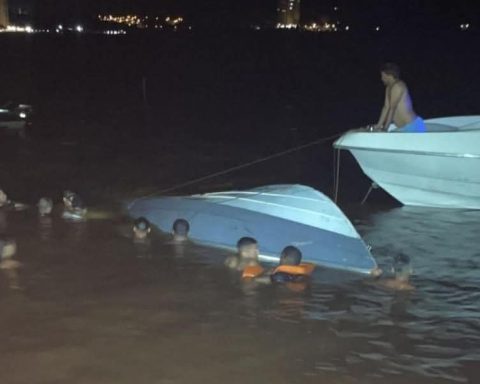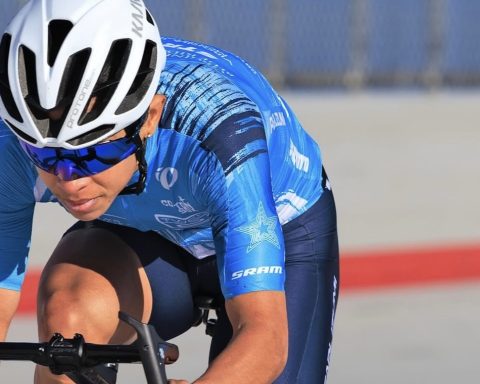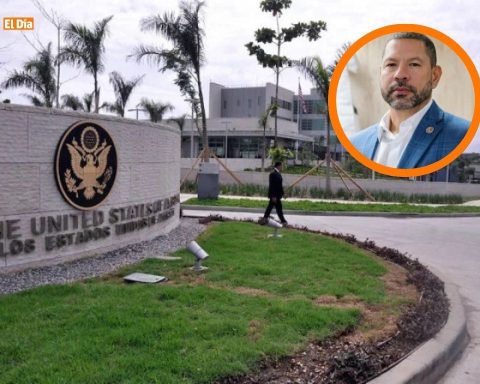August 7th
The National Union of Press Workers (SNTP) denounced Four of the journalists and photojournalists arrested in the last week were charged with terrorism. In particular, photojournalist Deisy Peña was brought before the courts accused of this crime after her arrest in Quebrada Honda, Caracas.
Photojournalist Yousner Alvarado, arrested in Barinas and held at the headquarters of the National Guard’s Conas in the state capital, was presented on July 31 in a telematic hearing and charged with alleged terrorism. The case of Paúl León, a cameraman detained in Trujillo while filming a demonstration, is similar to that of Alvarado, since he was presented remotely on August 6 and charged with terrorism crimes. León was transferred to the DIP headquarters in Valera, where he remains detained.
Attacks on press freedom were also reported in Lara state on August 7. The residence of the mother of Javier Oropeza, mayor of Carora, was raided by agents of the Sebin and Conas. During the operation, the premises of the newspaper El Caroreño were also searched, as sources confirmed to the media The Stimulus.
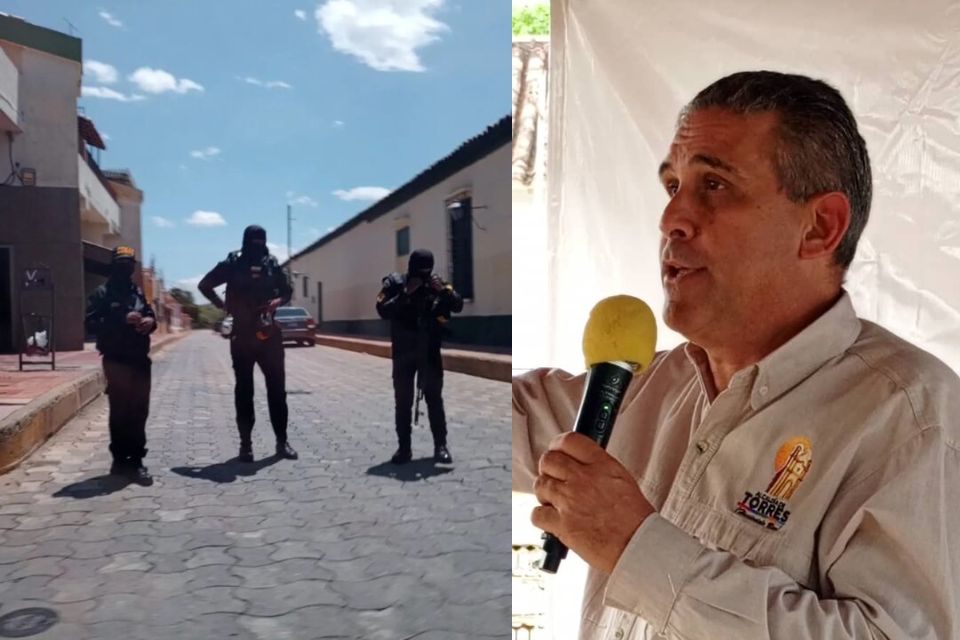
In the same vein, the Institute for Press and Society (IPYS) Venezuela chapter reported that between July 29 and August 4, 79 violations of press freedom were recorded during election coverage and post-election demonstrations.
Of these, 62 were directly related to these events, evidencing an increase in repression and control over public information. Journalistic coverage became more risky due to repression and accusations by senior government officials against the independent press, labelling their work as incitement to hatred.
The violations included 30 physical or verbal assaults, 18 stigmatizing speeches, seven arrests, seven cases of censorship, seven internet restrictions, six administrative restrictions, three judicial harassments and one limitation on access to information.
Trujillo and the Metropolitan Area of Caracas were the regions with the most reported cases. In total, the violations affected 44 reporters, seven foreign correspondents, three cameramen, three media managers and a photojournalist, as well as two journalists and political leaders.
August 6th
The situation of repression and violation of press freedom has been so critical that it has led the Special Rapporteur for Freedom of Expression, Pedro Vaca, to publicly condemn the arrests of journalists.
August 4th
Nicolás Maduro expressed on the night of Sunday, August 4, that he considers the regulation of social networks such as TikTok and Instagram necessary, assuring that these platforms multiply «hatred and fascism».
“They are the main instruments that multiply hatred and fascism,” he said in a speech, in which he called on the Security Council and the Defense Council of the nation to give him «Recommendations» about it.
Maduro just threatened to regulate the use of TikTok and Instagram in Venezuela:
“They have been the main instruments for multiplying hatred, without any kind of regulation. The Security Council and the Defense Council need recommendations”pic.twitter.com/bThtlQ8sMl
— Oscar C. (@oscarcallest) August 4, 2024
August 3rd
These attacks have been increasing. On August 3, journalists Frayber Rivas and Humberto Ambrosino warned that they are victims of accusations on social media. Both journalists went to the Lara State Prosecutor’s Office to conduct the respective investigation into these complaints.
In turn, the Ecuadorian digital media La Data Ec denounced the arrest of journalist Dayana Krays by the Government of Nicolás Maduro. Krays was in Caracas covering a rally called by Venezuelan opposition leader María Corina Machado when she was arrested.
Jonathan Maldonado, border correspondent for La Nación Web, was threatened on the same day. Since July 29, he has been the victim of threats through pamphlets, calls and WhatsApp messages seeking to interrupt his journalistic work in the area. That Friday, the journalist received calls from unknown numbers and from abroad, in which he was threatened that if he did not leave the country they would look for him at his home. Later, they sent him a pamphlet with the heading “operation tun tun.”
Likewise, the media outlets Nueva Esparta 920 and NotiEspartano were attacked in the early hours of August 3, causing damage to shelves and other spaces. The complaint was filed with the CICPC and both media outlets remain on the air.
August 2nd
State security forces arrested journalist Iván Núñez and cameraman José Luis Tapia, members of the team of the Chilean National Television (TVN) in the state of Barinas, who came to cover the presidential elections. The Venezuelan State ordered his deportation to Colombia for no apparent reason, the media outlet reported on August 2.
The same thing happened to the journalist and director of The Objective, Álvaro Nieto, who arrived to cover the post-election events, and was expelled from the country after being subjected to two hours of interrogation before being put on a return flight.
«It is completely abnormal that a Spanish citizen is denied access to a country to which he has the right to travel. I understand that I am being expelled because of my status as a journalist critical of Nicolás Maduro.»Nieto said.
This day also saw the registration of prior censorship mechanisms imposed by Conatel against online media outlets. After the publication of María Corina Machado’s letter in The Wall Street Journal on Thursday night, the media outlet’s website was blocked in Venezuela. The blocking and cancellation of the domain of VersionFinal, a media outlet from the state of Zulia, was also reported. Both blockages were documented and reported by the Vesinfiltro observatory.
The day of Friday, August 2 It was also marked by the arrest of the journalist and leader of Voluntad Popular, Roland Carreno who between 2020 and 2023 was detained for alleged “terrorism and conspiracy.” They also arrested Deysi Peña, a photographer from the Mayor’s Office of the Carrizal municipality, who was approached by Polimiranda officers in the Los Nuevos Teques gas station.
August 1st
Italian journalist Marco Bariletti and his cameraman Ivo Bonito, from Rai News, were expelled from Venezuela after their arrival at the Simón Bolívar International Airport in Maiquetía. They were separated from the rest of the passengers and forced to board a flight back to their country.
#NOW | The administration of Nicolás Maduro expelled Italian journalist Marco Bariletti and his cameraman Ivo Bonito, who landed this #1Aug at the Simón Bolívar International Airport in Maiquetía, according to the SNTP.
The reporters arrived in the country in a… pic.twitter.com/J5rtbHUhVD
— VPItv (@VPITV) August 1, 2024
Digital threats have also affected three reporters from Lara since August 1, with their photos spread on social networks with accusations of inciting hatred. The journalist from NotihoraHumberto Ambrosino was accused of being an alleged collective, and photographs of the administrators of the social media accounts Suero Digital and El Capitán de Carora were sent along with violent messages through WhatsApp chains.
